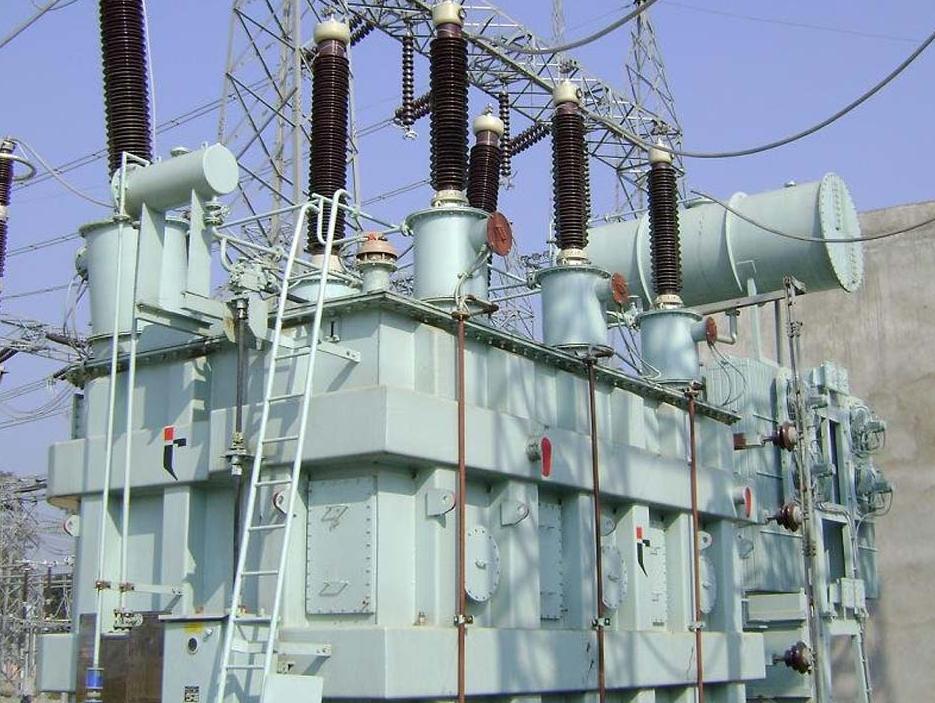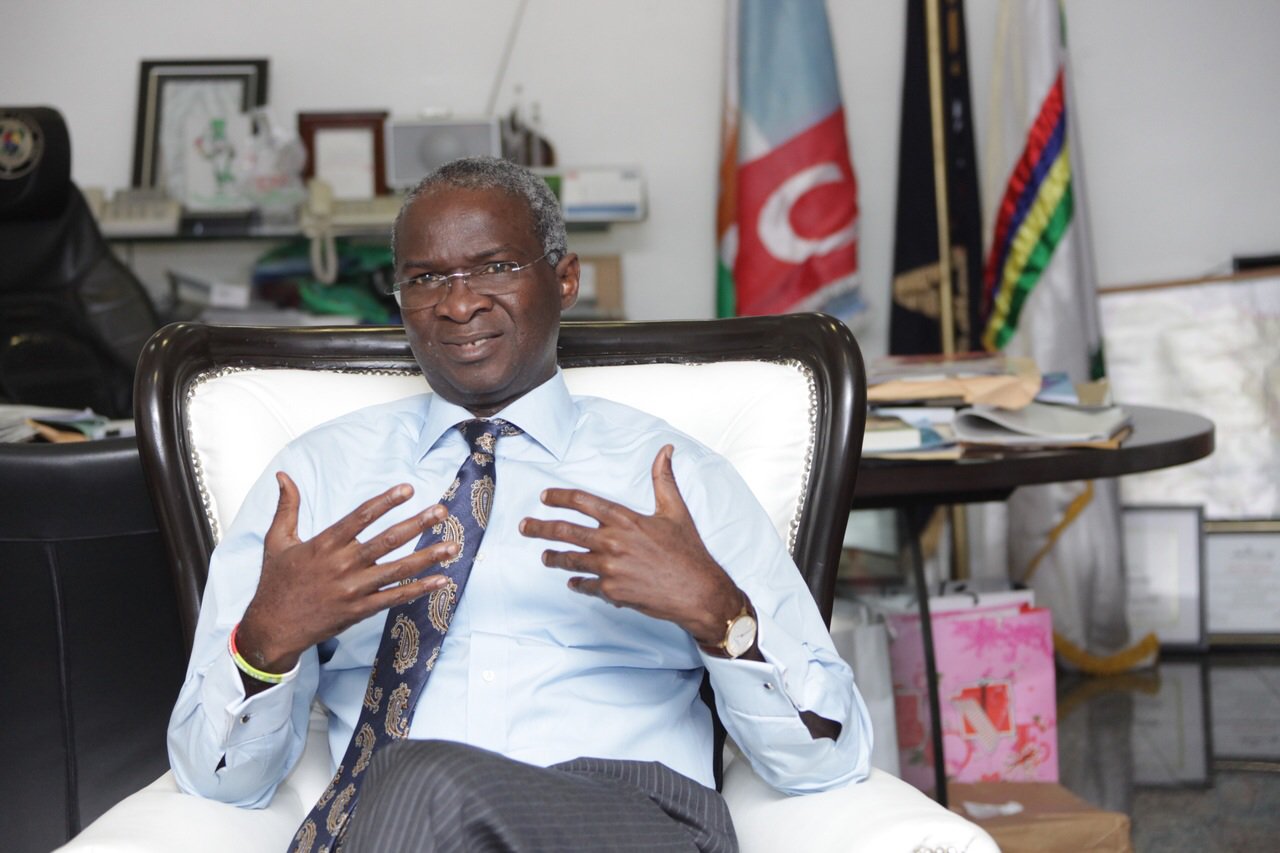The Transmission Company of Nigeria (TCN) has pledged to increase its production to 20,000 megawatts by 2021.
Mr Usman Muhammed, TCN Managing Director/CEO, gave the assurance while speaking with the News Agency of Nigeria (NAN) on the sidelines of the installation of a 1×60 MVA transformer at the 132/33kV Transmission Substation in Akure.
NAN reports that the capacity of the substation prior to this installation was 120 MVA.
The additional transformer has raised the capacity of the substation to 180 MVA, with many communities in Akure and its environs expected to experience a remarkable improvement in power supply.
Mohammed said that the installation of the transformer was in line with the policy of the Federal Government to expand and stabilise electricity in the country.
He said the Federal Government “aims at providing operational flexibility and reliability in delivering bulk power to distribution companies, international customers as well as other customers connected directly to the national grid.’’
The TCN boss noted that the company was implementing the Transmission Rehabilitation and Expansion Programme of the Federal Government in line with international best practices.
“The installation will also increase the total wheeling capacity of TCN which was 7,124MW when it was last simulated in December 2017, and I can assure you that we have resolved all bottlenecks confronting effective service delivery.
“Currently, the Akure 330/132/33KV Substation is about 95% completed. This will eventually add another 120MVA to the existing capacity in Akure.
“I visited the station yesterday and I can confirm that it is one of the best in this country”, he added.
Mohammed stressed that the installation of the 1X60MVA transformer in the Akure 132/33KV substation would lead to a remarkable improvement in power supply in Akure metropolis and its environ, including Igbara-Oke, Oba-Ile and Iju/Ita Ogbolu.
The TCN boss, however, noted that the massive investment in the sector would not lead to significant improvement in the country unless the distribution companies also invest in rehabilitation and expansion of their networks.
“I wish to use this occasion to call on the distribution companies to invest in their network so that the massive investment by TCN and generation companies can lead to economic growth and development of Nigeria,’’ he said.
In his remarks at the event, Gov. Oluwarotimi Akeredolu appealed to distribution companies to ensure that they metered all consumers of electricity to avoid the rift between their staff and customers.
The governor said that if all consumers were provided with a meter, they would control their electricity use and this would reduce grievances with discos.
Akeredolu, who said that power was a critical requirement for economic growth, noted that its impact on education, health and other facets of life could not be quantified.

